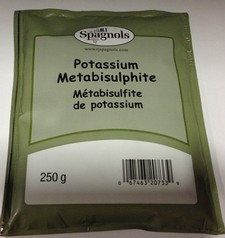It sounds like you're saying that chlorine/chloramines in the mash will not react with phenols from the malt to form chlorophenols. Why would that be the case?
The reality is that this is pretty advanced organic chemistry. Chlorophenols are formed via specific reactions efficiently which are known. Check out this link which is the easiest to understand. :
phenol | Definition, Structure, Uses, & Facts
The fact is that the mash or boil has neither the catalyst, the temp, or the supply of the raw materials to do much of anything to form chlorophenols. It is not just a magical reaction that occurs when phenols and chlorine are potentially present but is much more complex. Especially in anything less than industrial scientific situations where chlorine gas is available at 100% concentration. Note the reactions and the conditions required.
Phenols are a pretty present reality in life. Many smells are phenol based, not pure phenol but a phenolic ring forming the basis of an aromatic compound. Phenols are definitely a potential for off flavors. Phenols are present in the malt and are created through yeast during fermentation. I really really doubt that those are caused by chlorophenols for all of the above reasons. There are brewing science papers but I have not seen one that addresses the off flavor of chlorophenols due to municipal chlorination. I'd check the off flavor phenols caused by wild yeast or bad temps before running down the chlorophenol route.
Just to be clear, I'm not doubting that if you did an HPLC of the beer that you wouldn't find chlorophenols, its just that the presence would be for all practical purposes completely undetectable.
Until all of the chloramines have boiled away (if in fact they all do), what prevents them from forming chlorophenols in the boil?


















































![Craft A Brew - Safale S-04 Dry Yeast - Fermentis - English Ale Dry Yeast - For English and American Ales and Hard Apple Ciders - Ingredients for Home Brewing - Beer Making Supplies - [1 Pack]](https://m.media-amazon.com/images/I/41fVGNh6JfL._SL500_.jpg)








